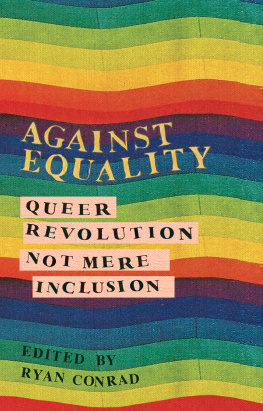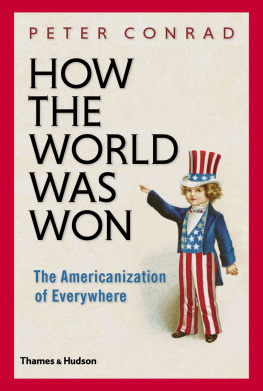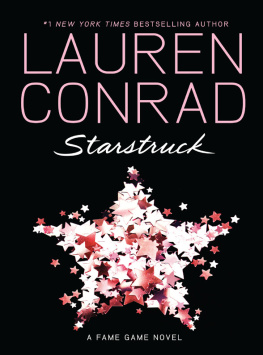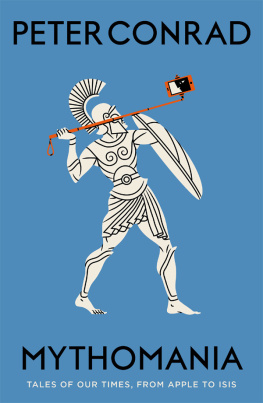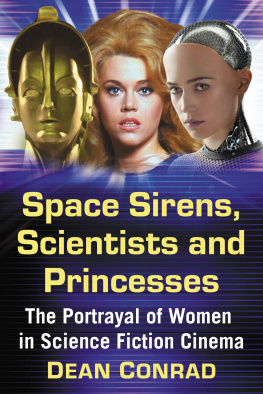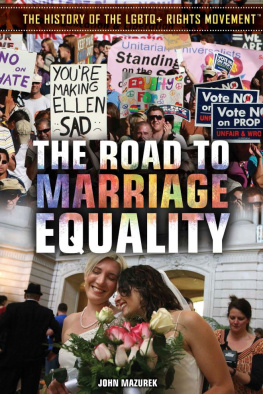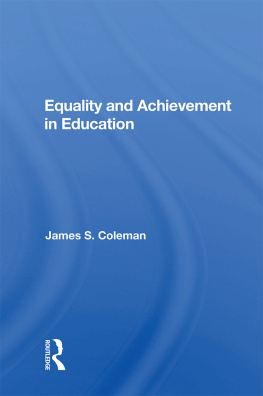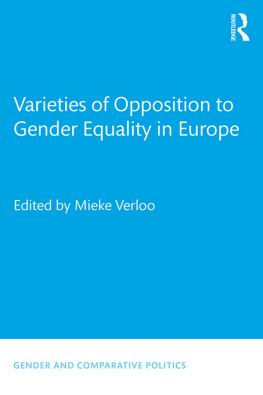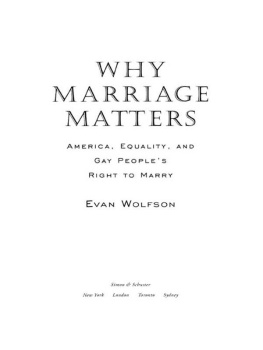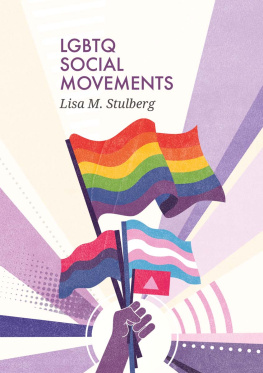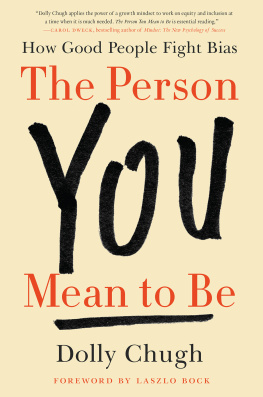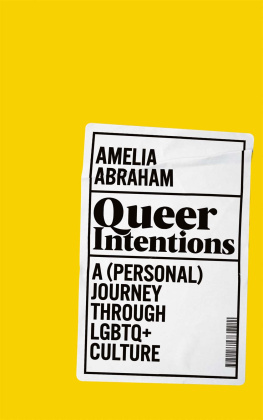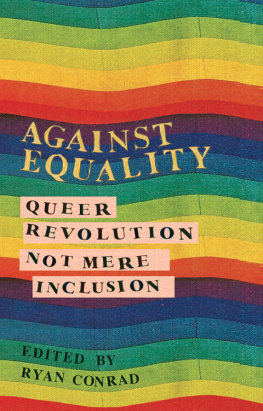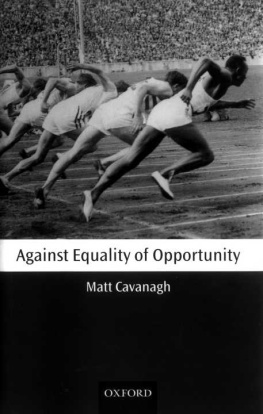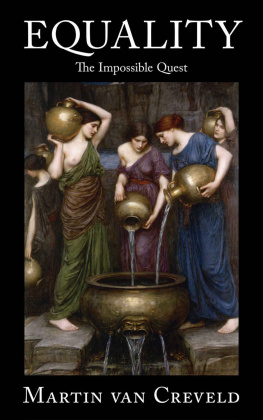Conrad - Against Equality: Queer Revolution, Not Mere Inclusion
Here you can read online Conrad - Against Equality: Queer Revolution, Not Mere Inclusion full text of the book (entire story) in english for free. Download pdf and epub, get meaning, cover and reviews about this ebook. year: 2014, publisher: AK Press, genre: Politics. Description of the work, (preface) as well as reviews are available. Best literature library LitArk.com created for fans of good reading and offers a wide selection of genres:
Romance novel
Science fiction
Adventure
Detective
Science
History
Home and family
Prose
Art
Politics
Computer
Non-fiction
Religion
Business
Children
Humor
Choose a favorite category and find really read worthwhile books. Enjoy immersion in the world of imagination, feel the emotions of the characters or learn something new for yourself, make an fascinating discovery.
Against Equality: Queer Revolution, Not Mere Inclusion: summary, description and annotation
We offer to read an annotation, description, summary or preface (depends on what the author of the book "Against Equality: Queer Revolution, Not Mere Inclusion" wrote himself). If you haven't found the necessary information about the book — write in the comments, we will try to find it.
Against Equality: Queer Revolution, Not Mere Inclusion — read online for free the complete book (whole text) full work
Below is the text of the book, divided by pages. System saving the place of the last page read, allows you to conveniently read the book "Against Equality: Queer Revolution, Not Mere Inclusion" online for free, without having to search again every time where you left off. Put a bookmark, and you can go to the page where you finished reading at any time.
Font size:
Interval:
Bookmark:
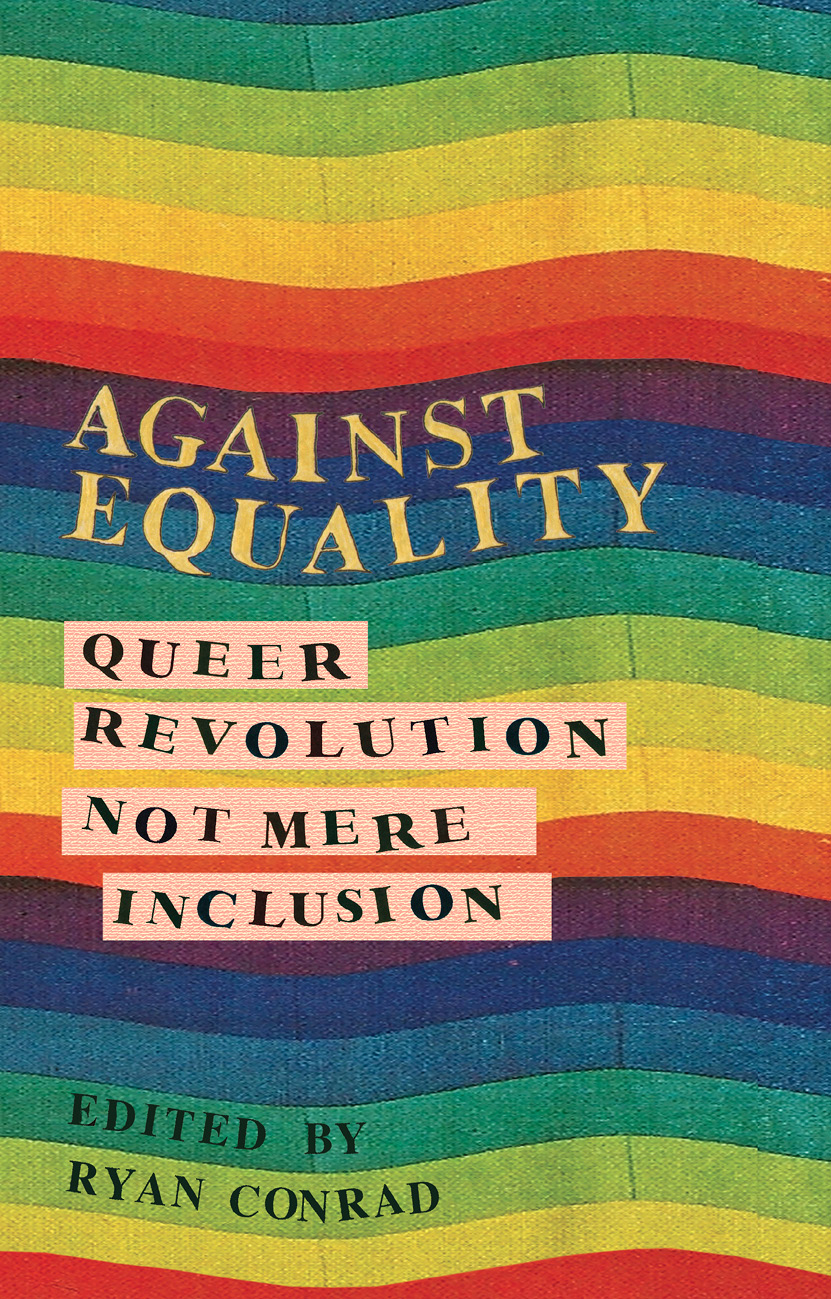
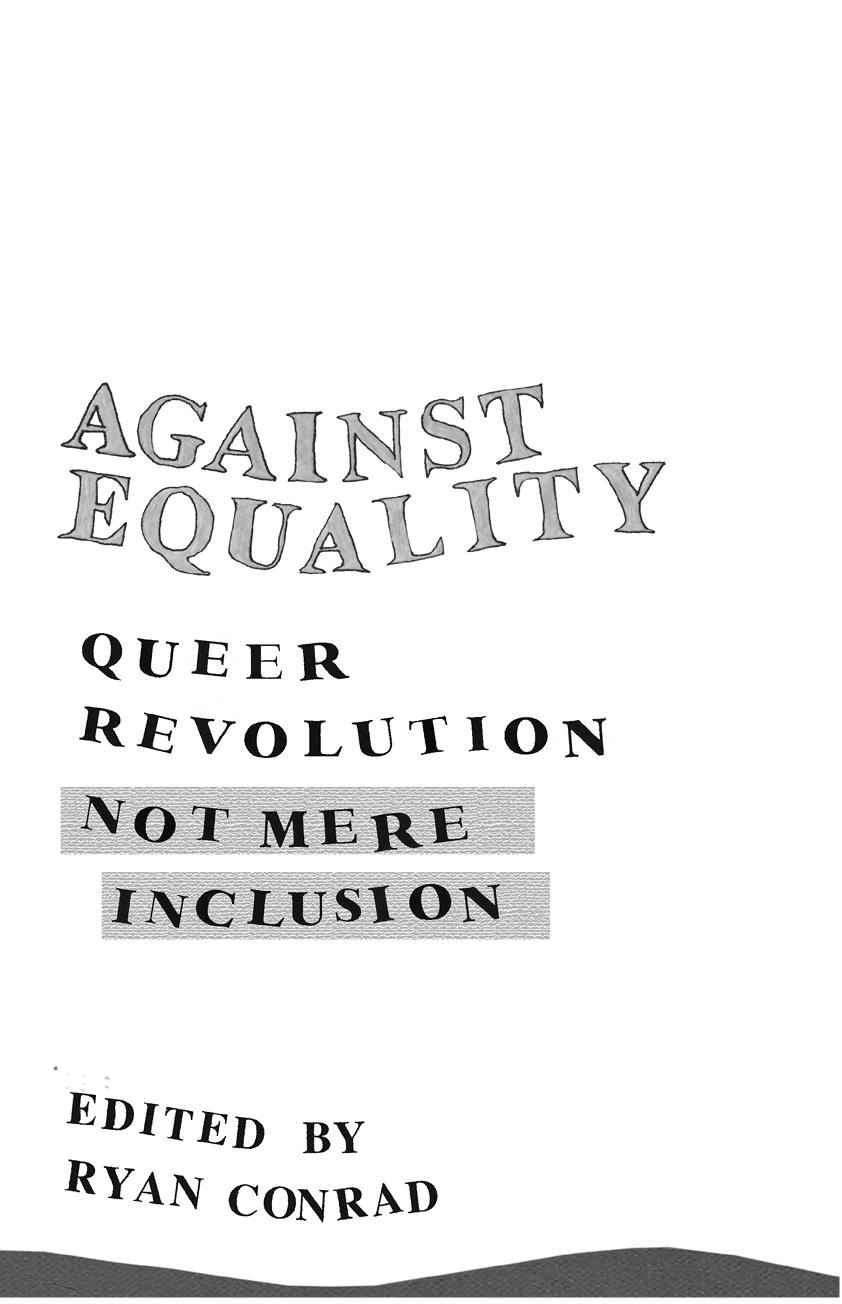
Queer Revolution, Not Mere Inclusion
Edited by Ryan Conrad
All essays by their original authors
This edition 2014 AK Press (Edinburgh, Oakland, Baltimore)
ISBN: 978-1-849351-84-3
e-ISBN: 978-1-849351-85-0
Library of Congress Control Number: 2013952047
AK Press AK Press UK
674-A 23rd Street PO Box 12766
Oakland, CA 94612 Edinburgh EH8 9YE
USA Scotland
www.akpress.org www.akuk.com
akpress@akpress.org ak@akedin.demon.co.uk
The above addresses would be delighted to provide you with the latest AK Press distribution catalog, which features several thousand books, pamphlets, zines, audio and video recordings, and gear, all published or distributed by AK Press. Alternately, visit our websites to browse the catalog and find out
the latest news from the world of anarchist publishing:
www.akpress.org | www.akuk.com
revolutionbythebook.akpress.org
Printed in the United States on recycled, acid-free paper.
Against Equality covers by Chris E. Vargas | www. chrisevargas.com
Layout by Kate Khatib | www.manifestor.org/design
This project would not have been possible without the endless hours of writing and editing done by all our contributors and those that continue to take a chance on publishing our work. Many thanks to UltraViolet , The Bilerico Project , QueerCents , Maximum Rocknroll , the Gay and Lesbian Review , Common Dreams , CounterPunch , No More Potlucks , The Guide , Pink Triangle Press, Windy City Times , Alternet , Upping the Anti , Workers World Paper , the National Center for Reason and Justice, Queers for Economic Justice, PolitiQ-queers solidaires!, the Sylvia Rivera Law Project, South End Press, and the numerous personal blogs on which our work has been posted and re-posted. Additional gratitude goes to Yasmin Nair and Deena Loeffler for their many hours of proofreading and exquisite humor. Lastly, we are so grateful to AK Press for collaborating with us, believing in our projects, supporting our work through distribution, and taking us on for publication.
Queer Revolution, Not Mere Inclusion
Ryan Conrad, Karma Chvez, Yasmin Nair, and Deena Loeffler for Against Equality
WE WRITE AT A MOMENT of historical coincidence. On June 26, 2013, the Supreme Court made its decision in the United States v. Windsor case, determining that the Defense of Marriage Act (DOMA) is unconstitutional. On that same day, the Court ruled that proponents of Californias Proposition 8, which banned same-sex marriage, did not have constitutional standing to defend the law in the courts, making same-sex marriage again legal in California.
Around the same time, Against Equality (AE) finalized and announced our collaboration with AK Press to publish our three existing anthologies as the volume you now hold in your hands.
We at AE are, by no means, implying that significant judicial decisions related to gay issues are equivalent to an independent publisher deciding to publish a queer radical book. We simply want to note that what we believe will go down in history as the greatest marker of gay assimilation in the U.S. came at the same time, ironically, as queer radical history began to reach greater mainstream visibility. While we, archivists of queer politics, take no credit for the decades and even centuries of truly insurgent queer radical work that precede us, we cannot help but underscore the significance of this political moment for this and other reasons.
The DOMA and Prop 8 decisions were handed down by the same Supreme Court that effectively rendered the 1965 Voting Rights Act null and void the previous day. A week earlier, the same court also dealt a significant blow to Miranda Rights, deciding that if an accused remains silent before their Rights are read to them, prosecutors can use that silence against them.
There was some consternation that the same court could render such seemingly incongruent decisions. How could nine justices collectively (even with recorded minority dissent) conclude that gay marriage was an inalienable right? [Proposition 8] directly subverts the principle of equality at the heart of the Fourteenth Amendment, and is an affront to the inalienable right to pursue ones own happiness that has guided our nation since its founding, according to the Cato Institutes Ilya Shapiro. How could the Supreme Court conclude that marriage needed legal protection and encouragement, but that voting was a right now easily accessed by a Black and Brown population that had, according to its summation, come so far that it no longer needed a jurisprudential Act to deter infringement?
The level of disenfranchisement is greater than ever at this historical moment. Several states have already moved to institute voter identification laws and other restrictions with the end of Voting Rights Act protections. Escalating poverty and consistent underemployment and unemployment mean that the United States now faces greater inequality than ever before, with wealth concentrated in the pockets and bank accounts of a very elite few. In many rural areas and major urban centers, like Chicago, public schools are being gutted in favor of private or charter schools, denying youth the chance at a quality public education and also denying workers the opportunity for jobs with union protection.
There are clear connections between economic disenfranchisement, serious impediments to voting rights and education, and the furthering of a neoliberal economy that depends upon highly selective resource concentration. But what commentators and most of the left, in their desperate attempt to valorize gay rights, have still failed to consider is this: These decisions are deeply entwined in each other, and one indubitably leads to the other. We contend that the rise in a particular notion of gay rights (a term never espoused by the Chief Justice Robertss court) is particularly dependent upon erasure of the political and economic rights of the most marginal.
Ironically, but not surprisingly, both gay cases centered on wealthy gay interests. The plaintiff in United States v. Windsor was Edith Windsor, an 84-year-old lesbian whose partner died in 2009, leaving her with estate taxes of nearly $400,000. To the average person, gay or straight, that number is large enough to strike profound fear in the heart. Most people are unlikely to die with that much savings, or to ever see that kind of amount accrue in their lifetimes, let alone to have to pay that much tax.
Publicity generated by major gay rights organizations and promoted relentlessly by neoliberal media outlets like the New York Times led people to believe that Windsor was a slightly impoverished and beleaguered widow who scrappily fought a system that tried to deprive her of precious resources. The unvarnished truth was omitted: by her own admission, she is mildly affluent. Our own research, culled from several news reports and a list of her assets found in scattered sources, indicates that Windsor is worth somewhere close to $10,000,000. Its true that in New York City, where Windsor maintains one of her two active residences, $10,000,000 is a sum that classifies her as only comfortably well-off. But even in NYC, and certainly elsewhere, Windsor is, like a Jane Austen character, possessed of good fortune and unlikely to find herself scraping by with food stamps and coupons. Yet Windsor has become an icon for gays and lesbians who will never achieve or hope to leave such sizeable estates behind. Posters and t-shirts proclaiming I AM Edith Windsor circulated at Pride events held shortly after the decisions.
Font size:
Interval:
Bookmark:
Similar books «Against Equality: Queer Revolution, Not Mere Inclusion»
Look at similar books to Against Equality: Queer Revolution, Not Mere Inclusion. We have selected literature similar in name and meaning in the hope of providing readers with more options to find new, interesting, not yet read works.
Discussion, reviews of the book Against Equality: Queer Revolution, Not Mere Inclusion and just readers' own opinions. Leave your comments, write what you think about the work, its meaning or the main characters. Specify what exactly you liked and what you didn't like, and why you think so.

